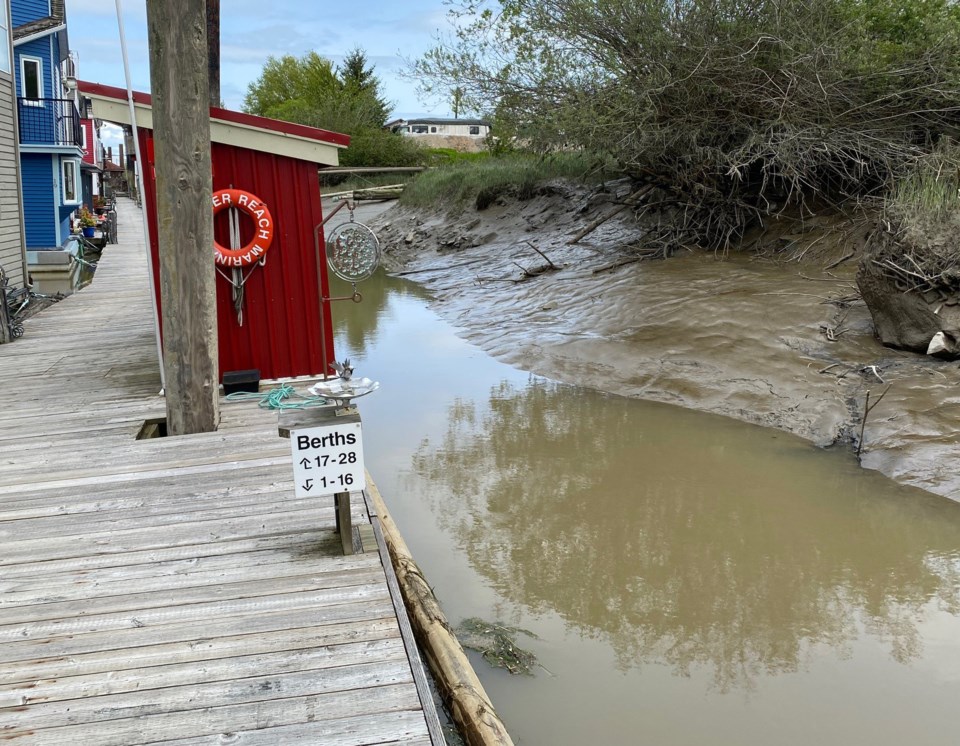Solving the dredging dilemma will be part of Metro Vancouver’s newest long-term vision for the region.
Delta council recently approved a staff recommendation to support Metro 2050, the latest regional growth strategy that’s been over a couple of years in the making.
Among several issues, council had originally responded to the proposed regional plan that the economic and environmental importance of diking and dredging issues should be recognized.
“Metro 2050 is largely silent on diking and dredging issues, but each of these are very important to Delta and to the region as a whole, from both environmental and economic standpoints. These issues should be given the status they deserve within the Metro 2050 plan and be supported by effective strategies to foster collaboration and advocacy with senior levels of government from a regional perspective, particularly in the context of natural hazards,” an earlier staff report noted.
Seeking a coordinated approach when it comes to dredging, staff noted it was an oversight.
“Including this issue in Metro 2050 by advocating for additional support from senior levels of government and designating it an issue of regional importance would give it the prominence it deserves,” a latest report notes.
Delta also requested a regional environmental assessment for the Fraser River Estuary to determine the cumulative impacts of development in the area and to develop a sustainable management plan.
Metro Vancouver’s response to Delta was that the regional district added a sub-action, regarding natural hazards, within advocating the federal government to undertake a regional impact assessment to inform the management of cumulative effects on the estuary.
The regional district also noted that it is in the process of convening a task force to explore the re-establishment of Burrard Inlet Environmental Action Program (BIEAP) and Fraser River Estuary Management Program (FREMP) inter-governmental partnerships that coordinated the environmental management of the significant aquatic ecosystems in the Lower Mainland.
The lack of funding to dredge the river channels has been a sore point for the City of Delta, which began trying to advocate together with the Tsawwassen First Nation, the Musqueam Indian Band and the City of Richmond in the hope that more voices could bring results.
Dredging has been a significant issue in Richmond as well as Delta.
At a recent meeting of Richmond’s General Purposes Committee, Jaime Gusto, General Manager of the Steveston Harbour Authority, told city councillors that maintenance dredging should be completed every eight-to-10 years.
Gusto also noted that if an application to dredge the Steveston Cannery Channel was submitted to Environment Canada today, the permit would likely only allow dredging to occur in 2024, which would make it 14 years since the channel entrance was dredged.
Richmond councillors agreed, among other things, to have their city investigate the feasibility of the city owning and operating dredging equipment permanently.



